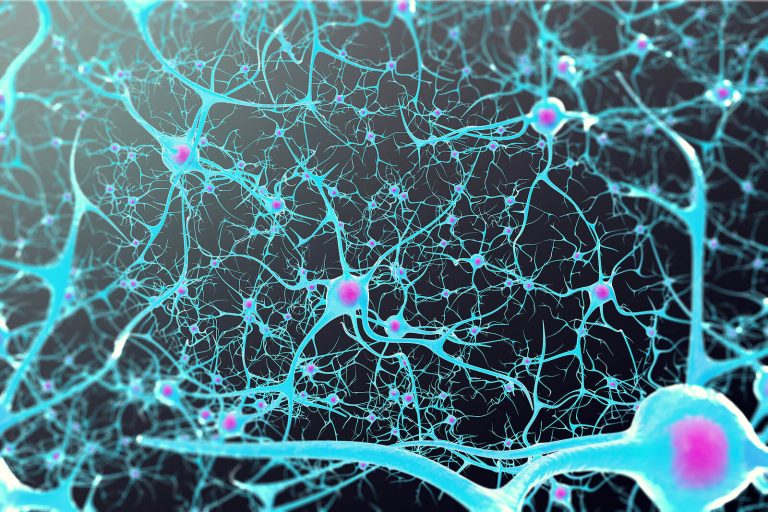Is Neurofeedback Therapy Good For Autism?

What is Autism?
Autism, or Autism Spectrum Disorder (ASD), is a neurological condition that influences how individuals engage with others, express themselves, and perceive their environment. Its symptoms and their severity can differ among individuals. Commonly, those with autism may face challenges in social interactions, have specific interests or repetitive behaviors, have sensory sensitivities or sensory seeking behaviors, experience cognitive delays, and exhibit inattentive or hyperactive tendencies.
Such individuals might find it hard to pick up on social cues, engage in verbal and non-verbal communication, like maintaining eye contact or grasping common social gestures, and find forming and keeping relationships challenging. They often feel like outsiders in the social world.
Since autism covers a broad range of abilities and challenges, it’s termed a “spectrum” disorder. Some people who are autistic excel in certain domains, while others might need assistance in their daily lives. Crucially, every person with autism is distinct, with varying experiences and requirements.
Neurofeedback and Autism
Neurofeedback is a scientifically-supported treatment that has proven beneficial for Autism Spectrum Disorder (ASD). This non-invasive therapy can lessen symptoms and enhance overall well-being for those with ASD. We honor neurodiversity and being Autistic is not something to be cured, and neurofeedback can significantly improve brain function by balancing its electrical patterns and rhythms. Here’s how neurofeedback can help:
- Hyperactivity/ Impulsivity: Neurofeedback can help the individual focus and concentrate without getting as distracted.
- Emotional outbursts: Neurofeedback can help the individual to feel calmer overall, reducing tantrums and other emotionally charged meltdowns. It can be helpful in learning to better cope with general anxiety.
- Decrease sensory issues: Neurofeedback is able to reduce sensory “overload,” which will help the individual feel less overwhelmed by sensory input.
- Reduce Stimming: Individuals with autism often use repetitive movements of their extremities in order to help process overwhelming or uncomfortable stimuli. Neurofeedback can teach the brain to be calmer, which reduces repetitive behaviors.
- Decrease resistance to change: Transitions are often extremely difficult and can lead to emotional responses. Neurofeedback can help train the brain to react calmly and appropriately to changes or surprises in the environment.
In short, neurofeedback is a safe and effective method that has been researched and found beneficial in managing ASD symptoms. Contact Mountain Vista Psychology for more details!
Call For a FREE Consultation
We serve the Denver Metro area of Colorado. Click the button below to call and Schedule an Initial Consultation. To Schedule Neurofeedback or Testing please call us at 720-248-8603
Recent Articles
Dispelling Neurofeedback Myths
Neurofeedback has become increasingly popular as a therapeutic tool for clients, but it remains misunderstood by many. Misconceptions about its…
Autism Testing for Adults: Why Diagnosis Still Matters
What is Autism? Autism is a neurological difference that impacts how one scales social interactions, interpersonal relationships, and experiences the…
The Intersectionality of Autism & LGBTQIA Throughout the Lifespan
If you have a child (of any age) who you think may be Autistic, has been diagnosed as Autistic, or…
Autism Diagnosis Support Guide: Interventions, Therapy, and Accommodations for All Ages
Understanding Your Diagnosis An Autism or other mental health diagnosis may be very overwhelming. Understanding a diagnosis can help lessen…





